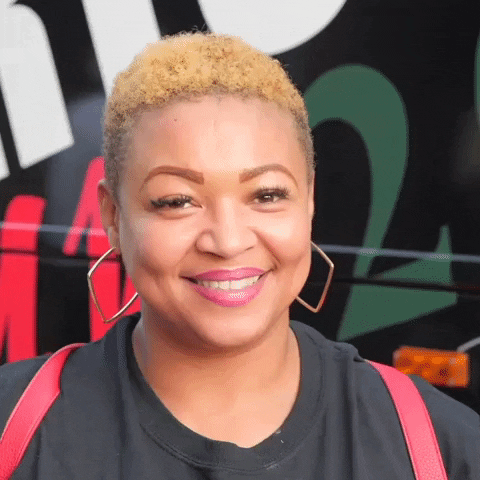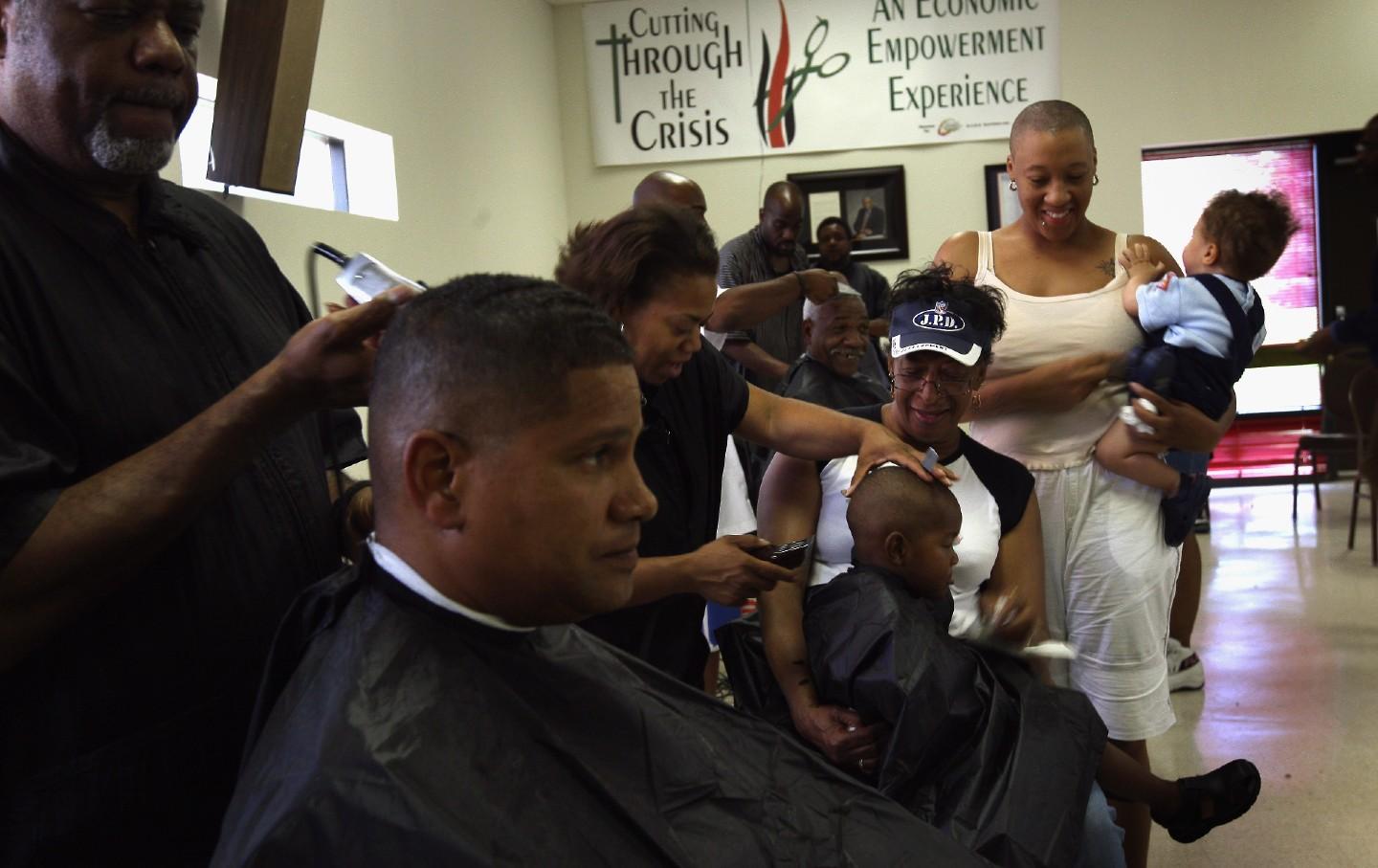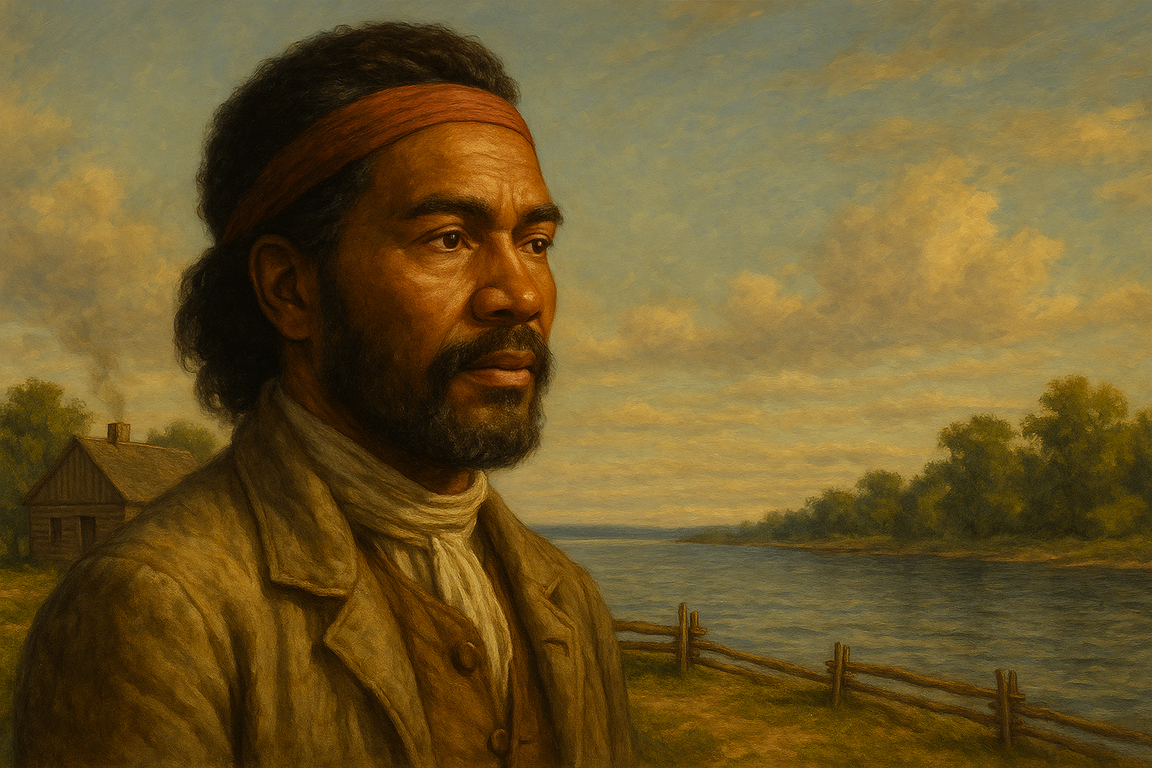- BlackVoter.Org
- Posts
- BlackVoter.Org
BlackVoter.Org


In "Will Black Americans Vote for a Socialist—Zohran Mamdani?", Anthony Conwright dives into the complexities of Black political identity and the ongoing battle for social justice within the context of the New York City mayoral race. He critiques Andrew Cuomo, who, while enjoying significant support from Black voters, dismisses progressive policies rooted in community care as "socialist.
" Conwright argues that these policies—aimed at tackling systemic inequalities like housing, healthcare, and transportation—are integral to Black survival and reflect a tradition of mutual aid rather than an alien ideology. He highlights how the narrative around Black voters needing to vote "pragmatically" stifles their political agency and perpetuates corporate interests at their expense.
As Mamdani champions bold proposals for economic equity, Conwright challenges assumptions about what Black Americans desire in leadership and envisions a future where their needs are prioritized. The piece ultimately raises critical questions about representation and genuine societal care.


Recent cuts to the federal workforce are hitting Black employees particularly hard, sparking urgent conversations about diversity in public service. Although Black workers represent nearly 19% of the federal workforce, they account for only around 14% of the overall U.
S. population.
This trend jeopardizes a crucial pathway to the middle class that federal jobs have historically provided for Black Americans. Prince George’s County in Maryland, a majority-Black area with a significant number of federal employees, illustrates the acute impact of these layoffs.
Experts warn that the elimination of vital programs for diversity, equity, and inclusion, alongside cuts to civil rights offices, not only reduces job opportunities but also weakens protections against workplace discrimination. As these workforce reductions continue, they could hinder years of progress toward racial equity in federal employment, raising concerns about the long-term stability of Black communities across the nation.

Jean-Baptiste Pointe du Sable, often overlooked in history, is credited as the founding figure of Chicago, laying its first foundations long before it became a bustling metropolis. A Black pioneer and trader, he forged alliances and built a prosperous settlement at the Chicago River's edge in the late 18th century, demonstrating the richness of cultural fusion through his marriage to a Potawatomi woman, Kitihawa.
Together, they symbolized a world born from cooperation rather than conquest, creating a harmonious community amidst the backdrop of colonial turbulence. Despite his significant contributions, Pointe du Sable was largely forgotten, overshadowed by later figures who shaped the city.
His story is a poignant reminder of the diverse voices that have shaped American history—voices often erased from mainstream narratives. As Chicago honors him today, it begins to acknowledge the complexity and multifaceted identities that truly underpin its identity as a city.
It’s time we hear his silenced legacy.

During World War II, the 960th Quartermaster Service Company, a segregated unit of 260 Black G.I.
s, took on the solemn duty of burying thousands of American soldiers in the Netherlands. Tasked with this grim responsibility amidst the mud and freezing conditions, they faced a painful irony: while they were allowed to bury white soldiers, they weren't permitted to serve alongside them.
Led by First Sergeant Jefferson Wiggins, the men dug graves for about 20,000 fallen soldiers, battling the harsh elements and the trauma of their task. Their heroic efforts went officially unrecognized for decades, highlighting the systemic segregation in the military.
It wasn't until oral historian Mieke Kirkels sought to document their story that the bravery and sacrifices of the 960th QMSC received the acknowledgment they deserved. Today, their legacy lives on in the American Military Cemetery at Margraten, where many of the soldiers they buried are honored.

In "The Revolutionary Idea That Remade the New World," Greg Grandin challenges the common misconception that the U.S.
is unique in offering birthright citizenship, revealing instead that it’s a shared ideal across the Americas. Originating in the revolutionary fervor of Spanish America, the principle of jus solis—granting citizenship to anyone born on a nation’s soil—was a bold rejection of the blood-based citizenship model that dominated the Spanish Empire.
Grandin highlights how this idea was integral to creating inclusive, diverse republics, contrasting them with the U.S.
, where citizenship has historically been racially exclusionary. While contemporary U.
S. politics under Donald Trump seeks to restrict this fundamental right, many Latin American countries embrace it, asserting their commitment to humanitarian ideals.

Congresswoman Jasmine Crockett has sparked a fierce backlash from MAGA supporters after her provocative comments on the podcast Outlaws with T.S.
Madison. During the interview, Crockett asserted that some Republicans would "throw me back in chains" if they could, attacking what she perceives as a lingering oppressive mentality within the GOP.
This bold statement set off a wave of angry, racially charged responses online, with many far-right critics disparaging her as a "disgrace" and a "race hustler." Despite the vitriol, Crockett remains unyielding, framing her experiences within a larger historical context of racial violence, and asserting that America still grapples with systemic chains.
Known for her candid approach, she continues to rally support from the political left while drawing ire from conservatives. As the 2024 election cycle heats up, Crockett's unapologetic demeanor cements her as a formidable voice in an increasingly divided political landscape.

Join the captivating conversation with S. Barbara Hilyer at the Edmonds Waterfront Center on June 12, as she delves into her thought-provoking book, Legacy Lost: Passing Across the Color Line.
Growing up in Washington state, Barbara discovered her family's hidden history, including a remarkable connection to her African American aunt in Hawaii, decades after her father's passing. This revelation transformed her understanding of race, identity, and the complex dynamics surrounding "passing.
" Barbara’s journey takes her from Oregon to D.C.
and the Deep South, exploring her relatives’ experiences and the broader historical context of race in America. Don't miss this opportunity to engage with her insights, challenge societal norms, and celebrate the narratives that shape us.
The event starts at 6:30 p.m.
, and tickets are just $7.50.